
Alex's Grandpa
A teenage girl suffering from a traumatizing injury is tangled in a web of lies trying to manage her studies, her prom night and a boy who might be interested in her.
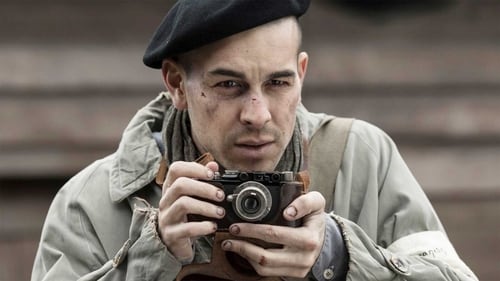
Albert Pointner
El fotógrafo español Francesc Boix, encarcelado en el campo de concentración de Mauthausen-Gusen, trabaja en el Servicio Fotográfico de las SS. Entre 1943 y 1945, esconde, con la ayuda de otros prisioneros, miles de negativos, con el fin de mostrar al mundo liberado las atrocidades cometidas por los nazis, exhaustivamente documentadas. Será un testigo clave durante los juicios de Núremberg.
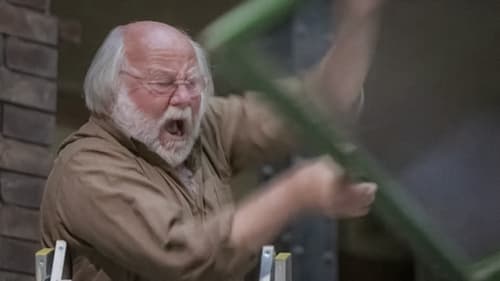
Feri bácsi
9 year old Sára lives in an old block of flats in downtown Budapest. One day a strange new boy, Balázs moves next door, who can’t stand the bizarre noises of the old house. Sára decides to help him out anyway she can.
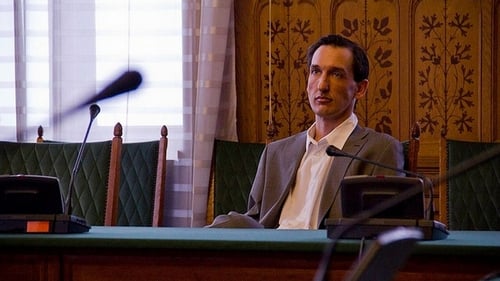
Bacsó
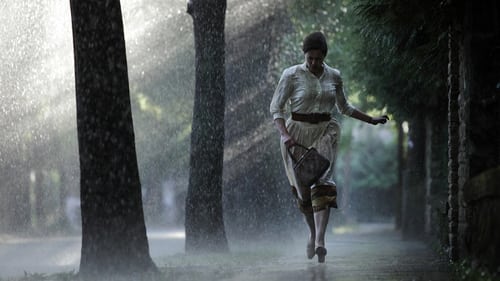
Emerenc's Grandfather
La película nos lleva a la Hungría de los años posteriores a la Segunda Guerra Mundial, y en la que la sombra comunista es una realidad, que no dejará en paz a los habitantes de este país. En este contexto la película nos presenta a dos mujeres que no pueden ser más diferentes entre sí. La primera es una intelectual que se dedica a escribir y de mediana edad, mientras que la segunda es una mujer mayor que se ha criado en contacto con la naturaleza, y que entra a trabajar como ama de llaves de la primera. Ambas discuten muy a menudo, puesto que al ser tan distintas, la una intenta influir en la vida de la otra y viceversa, intentos que siempre acaban con sonoras riñas, aunque su relación laboral no se ve afectada. El ama de llaves es una mujer muy enigmática, puesto que no quiere que nadie vaya a su casa, y en el caso de que alguien se acerque nunca les permite pasar de la puerta. Poco a poco, nos daremos cuenta de que esconde un secreto terrible.

Díjbeszedö (as Újlaki Dénes)
From a policewoman broken leg seems completely slip out of the soil. Life-threatening love triangle mixed with her husband and their criminal friends.

Karcsi, a Roma policeman, lives with Eva, a Swede. One day he is called to the scene of the murder of a wealthy trafficker named Schulter. He begins to investigate the crime, interrogate neighbours and suspects, and untangle a complex situation - one that he, himself, complicates even further. For he is a gypsy, who despite being adopted and raised by "regular" Hungarians, has his nose rubbed in his minority status every day. The film, which is based on the novel by Ákos Kertész, is a shrewd genre work full of dusky humour and surreal situations. Tabló follows a vivid succession of strange images that eventually lead to the emergence of the central story about a charismatic police officer on a tireless quest for the truth, though he must fight against virtually everyone and is just as fallible as the next person. Tabló makes a statement on the issue of race and racism - or, indeed, relations between any minority and majority.

Számrazkezű

György Fehèr’s aim was to “make a film which is similar to the last salvaged print of a long lost film”. The passions he investigates are centred on primeval fears and cravings and a sense of inescapable doom. Shot in powerful black and white with excellent central performances.
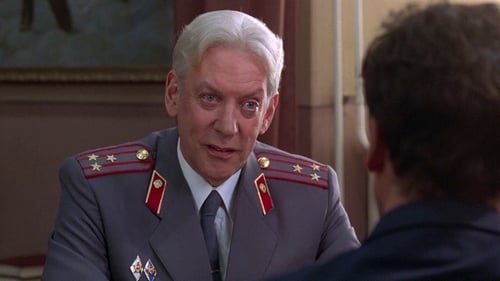
Farmer
El joven y brillante especialista en medicina forense camarada Bukarov, toma posesión de su cargo y pronto comienza a trabajar en el caso del asesinato de un niño. Sin haber tenido tiempo de examinar el cuerpo, a Bukarov le llegan siete cadáveres más. Tras un estudio concienzudo, comunica a sus superiores que en la zona hay un asesino en serie, y pide medios para detenerlo.
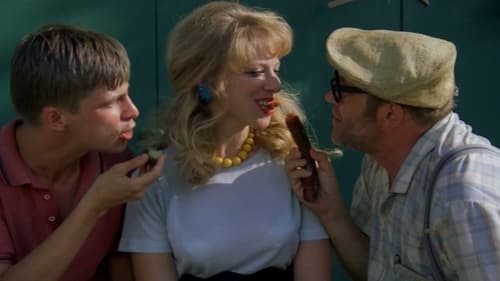
Sánta Lajos
This story has a horse-race fan main character who sells clothes-hangers On one trip, a young, teenager boy relative goes with him. They have a lot of adventures as they become friends. Girls, dance and horse-racing are the themes while they sell the clothes-hangers this summer...

Imre Horváth and his friends gather to celebrate his wife's birthday. They are confused because of the changes in the country's politics and want Horváth to be much more active politically, but he is more concerned about his affair with his best friend's daughter.

1958. In the cell of the condemned, seven men await the signs of an approaching execution. All of them recall their pasts and envision their wish-dreams.

Paszomány kapitány
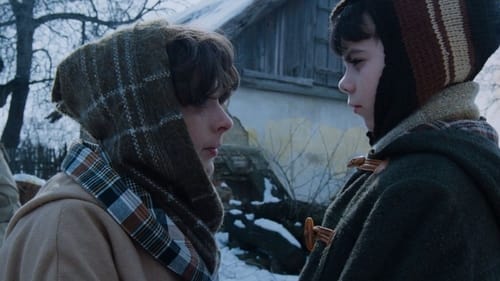
The story of 10-year-old boy and his family against the backdrop of the bloody events of 1956, in Budapest. Children do not yet understand what is going on, but they're happy because the schools are closed. But gradually, to adults and children comes the understanding that something terrible is happening. Disappearing relatives, friends, and even killed some. Tips sent an army to put down the counterrevolutionary rebellion.

Hungarian family film.

Törzs
It is a tragedy, set among low-lifes on the outskirts of Budapest. Dramatic Exchange describes it as "Widely considered to be the most important Hungarian play of the last 20 years". The odd title of the play refers in the first instance to the chicken heads that an old woman feeds to her cat. However, it can also be taken to refer more broadly to the obtuse behaviour of the main characters in the play. The play is an odd mixture of pathos and nihilism, written against the bleak background of Stalinist totalitarianism from which Hungary was emerging. As with much modern drama, there is no hero in the play. The only noble behaviour that one can find belongs to one of the characters in the past, when he was a child, but he is no longer as he was. The hint that what once existed might be achieved again is the only faint ray of hope in a very bleak view of the human condition.

Gergő - lovasoktató
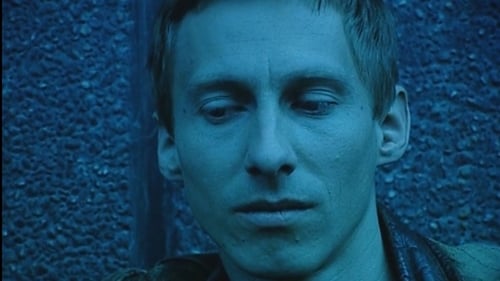
Gyula
The sad tale of a proletarian malcontent ensconced in a monstrously depressing housing project who—even less effectually than the heroes of Bald-Dog Rock—attempts to change his life. Purchasing a power drill and slinging it across his shoulder like the anti-hero of a spaghetti western, he turns entrepreneur, boring holes in his neighbors’ walls so that they can hang mirrors or pictures.

Gyámügyi elõadó
The unskilled, jack-of-all-trades András and his wife, Éva are put in jail for serial work-place thefts, -committed in order to try to ensure a normal living standard for his family - and for aggravated assault committed for self-defence, respectively. Their two small children are put in state care, then given to foster parents. András, still in prison, commits everything to help the released Éva get hold of an apartment and get their children back so that when he will have served his term the family could be together again.

Worker
Insulted when his screenwriter wife writes a leading role for a younger man, aging Broadway idol Fitz Wynn disguises himself as a handsome young Italian.

Dudi
As a last chance in his career, the young acrobat with a broken leg, Sajek Oszkár, attempts to obtain the wonderful secret from the retired old artist, Uncle Binder Lipi, a secret which was a world hit.
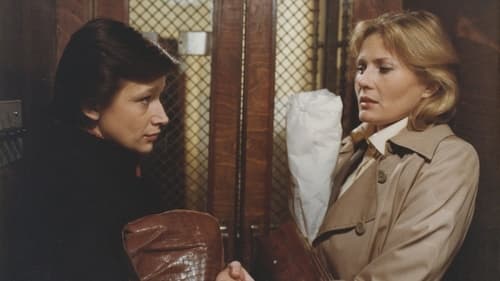
Téeszelnök
Película que narra la historia de amor entre Eva, una periodista de firmes principios y abiertamente lesbiana, y Livia, una periodista casada con un oficial del ejército. Las dos trabajan en la misma oficina y poco a poco Livia empieza a sentir interés por las insinuaciones de Eva.
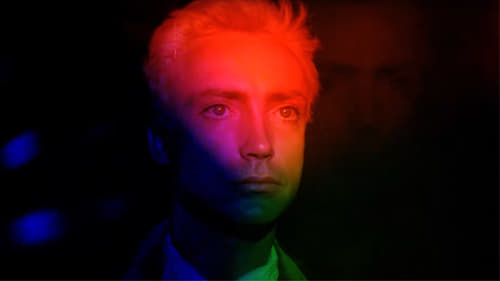
Kosztolányi
Narcisus and Psyche is based on a novel by Sandor Weores which was adapted by Vilmos Csaplar and director Gabor Body for a feature-length film. Borrowing the character of Psyche from mythology and placing her in Europe in the 19th century, the authors give her a "modern" life. She is an attractive young woman - and remains so throughout the film, in spite of one hardship after another. Psyche is libidinous, and her prurient interests shock her staid contemporaries.
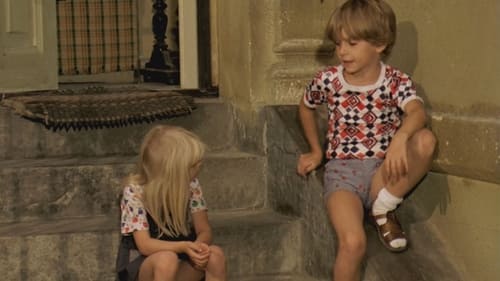
Oszkár
Misu is spending his summer holiday in an old block of flats in Budapest. The caretaker of the house, Poldi, a park attendant by occupation, is going to retire in a few days and he is afraid to think ahead of the years to come without grass and trees. An idea comes to Misu to spend the summer in an active way. He organises a working party to sod the inner court of the block of flats they live in. To achieve his plan, he has to make alliances with some people and to win the opponent to the idea, namely Kamilla, an insurance consultant. Their assistants in this mission will be the dustman and the coal deliverer and Piroska, a girl spending her holyday at Kamilla's.
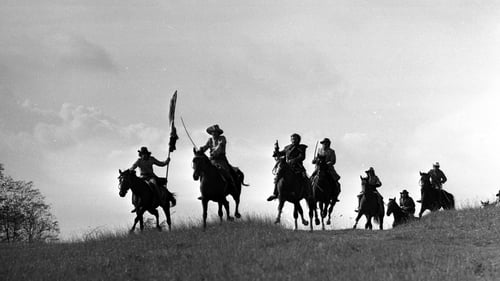
The film depicts the lives of veterans of the 1848 Hungarian Revolution in the American Civil War, based in part on an Ambrose Bierce story. The whole film was re-edited using his own method called "light editing" in order to make it resemble a damaged silent film from the late 1800s.



















